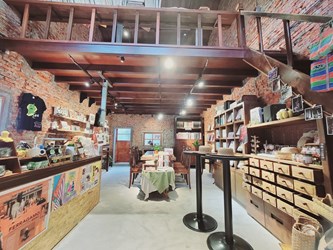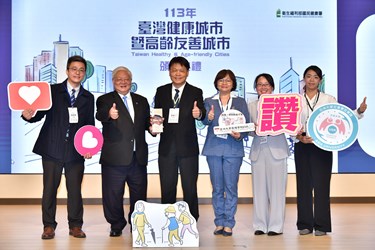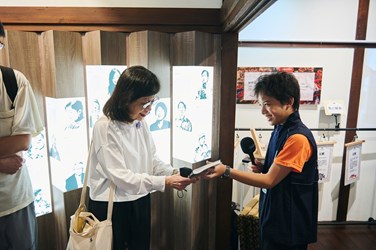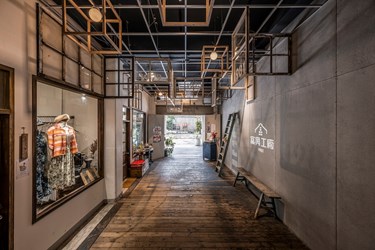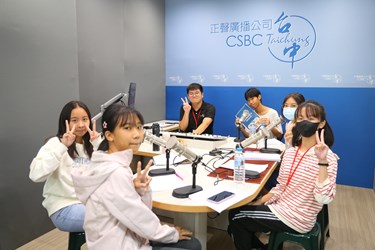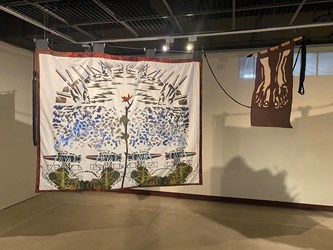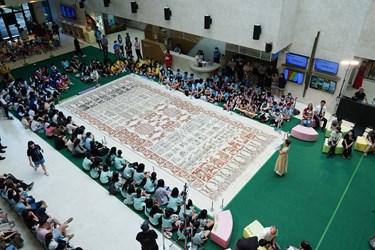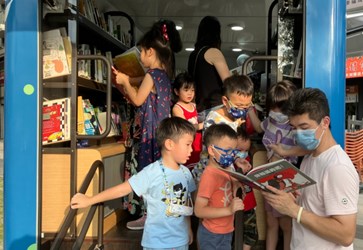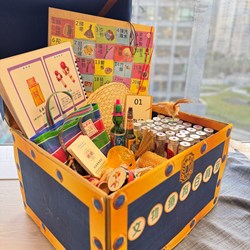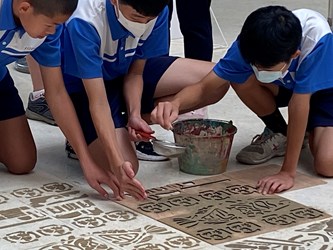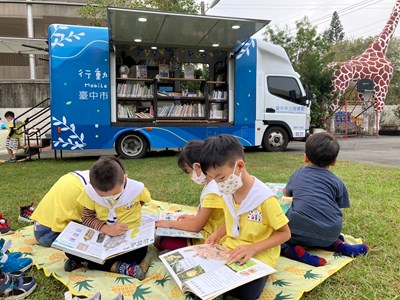
The Taichung City Government has gained significant recognition for promoting sustainable development through cultural initiatives. One standout effort is the mobile library, which brings books to remote schools, helping to reduce urban-rural disparities. These initiatives have earned Taichung two prestigious awards: the Asia-Pacific Sustainability Action Award and the Taiwan Sustainability Action Award. Additionally, the Cultural Affairs Bureau has partnered with various departments to create the “Cultural Artifacts Treasure Chests,” an initiative designed to support seniors and individuals with dementia by offering cultural engagement opportunities. This initiative was honored with the Ministry of Health and Welfare’s Healthy and Age-Friendly City Award. According to the Cultural Affairs Bureau, Mayor Lu Shiow-Yen has been committed to promoting cultural equity since taking office, striving to build a diverse arts and cultural scene. By leveraging art exhibitions, literary education, mother tongue preservation, and mobile library services, the city aims to bridge resource gaps, promote cultures, and integrate social and medical resources to create an inclusive, innovative, age-friendly, and happy Taichung.
According to Cultural Affairs Bureau Director Chen Jia-jun, the bureau takes a multifaceted approach to realizing the vision of a sustainable culture. Seven mobile libraries—six dedicated to serving children in remote schools and one that brings books to temples, parks, and convenience stores, are making literature more accessible to the community. The Taichung Literature Festival has also focused on education for children in rural areas by engaging them as volunteer guides at the literary museum for visiting writers, fostering a deep-rooted literary education. Addressing the needs of an aging society, the bureau collaborates with various government agencies—including the Social Affairs Bureau, Health Bureau, Hakka Affairs Council, and Indigenous Peoples Council—to integrate museum resources with healthcare and senior services. This collaboration led to the creation of the “Cultural Artifacts Treasure Chests,” an initiative designed to bring cultural engagement to dementia care centers and social welfare institutions, allowing seniors to connect with cultural spaces and benefit from the therapeutic power of cultural immersion.
Additionally, the Dadun Cultural Center is using art as a medium to promote sustainability with its innovative “The Aura Shining through Tomorrow” exhibition series. Curated by Chen Yi-fan, the series comprises four exhibitions, beginning with artist Kang Ya-zhu’s “Cotton Research Project,” which delves into areas such as textiles, sustainable farming, and poverty reduction. As part of the project, students and teachers from eight schools across seven regions collaborated to create a 10-meter-long “mud carpet,” incorporating soil and patterns from mountain, coastal, Tun, and urban areas to reflect their interpretation of the city. The participating students found the experience fascinating, enjoying the sensation of soil and its natural scent while gaining a deeper understanding of the importance of ecological sustainability. The Dadun Cultural Center has announced three upcoming exhibitions—“Antonymous Compounds and Transitive Verbs,” “Soundscape Patterns,” and the grand finale, “Return”—inviting the public to engage with contemporary art that embodies the spirit of sustainability.
Director Chen highlighted the city’s commitment to promoting mother tongues and cultural diversity through programs like the Taiwanese Radio Puppet Theater Workshop, where participants learn Taiwanese phonetics and traditional arts and culture in an enjoyable way, preserving mother tongues. The Diverse Reading Festival, held from January to March this year, adopted the theme “Together” to promote Taiwanese, Hakka, and new immigrant cultures. Activities included themed book exhibitions, cultural markets, lectures, hands-on cultural workshops, and guided walking tours. Moreover, the city government continues to restore and repurpose cultural heritage sites and revitalize historic buildings, breathing new life into old buildings while lowering carbon emissions. Since 2019, Taichung has completed 24 major heritage restoration projects, including the Taichung Prefectural Hall, the Taichung Prison Official Residence Complex, and the Dadu County Magistrate's Residence. Additionally, 16 historic buildings have been revitalized through restoration and cultural projects. Among them, “Fuxing Space 1962” earned multiple international design awards, while “Tsai Internal Medicine Former Residence” and “GuavaBooks” received the prestigious Yuan Ye Awards. These projects not only preserve the city’s historical charm but also enrich its cultural landscape with fresh energy.
The Cultural Affairs Bureau highlighted that with Taichung’s population exceeding 2.86 million, the city—Taiwan’s second-largest—remains committed to making culture a key pillar of its development. By aligning closely with the United Nations' Sustainable Development Goals, Taichung seeks to create a dynamic, innovative, and inclusive cultural environment, ensuring that every resident enjoys a happy and sustainable future.

 Facebook
Facebook
 Twitter
Twitter
 LINE
LINE
